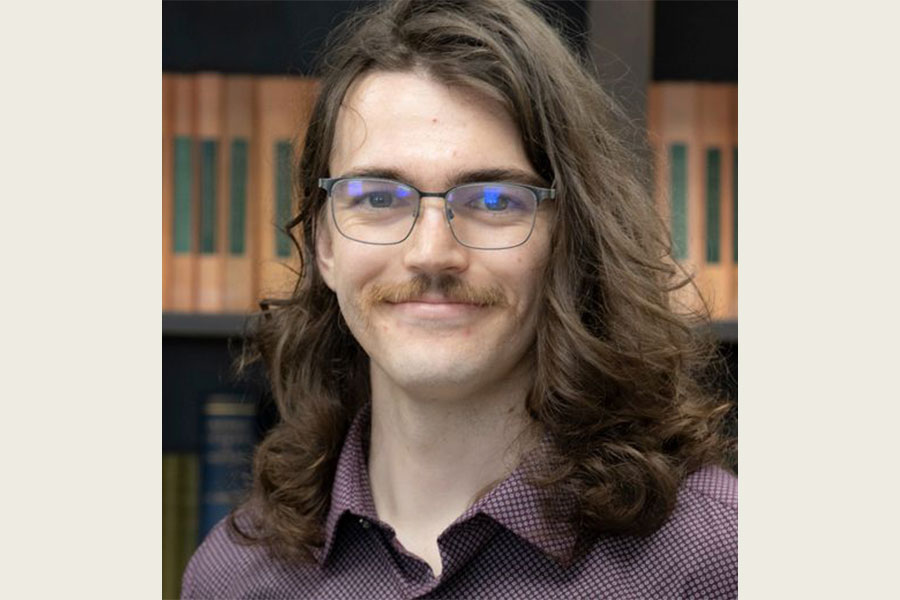

Department of Philosophy
Think For Yourself!
To confront the questions and challenges in life that have no easy answers requires, in Kant’s words, the courage to use one’s own understanding. Our mission in the Philosophy Department at Miami University is to empower our students to live courageous and thoughtful lives by passing on to them the rich inheritance of the philosophical tradition: its great texts, its central problems and questions, and its distinctive methods of critical thought, reflection, questioning and self-questioning, lucid argumentation, and cogent writing.
Our Academic Programs
Philosophy courses address some of the biggest and most difficult questions about the human condition in a systematic and logical manner.

What makes life meaningful and worth living? What obligations do we have to other people? Are there objective moral truths or is morality subjective? What is the difference between opinion and knowledge?
The Philosophy Department offers a wide array of courses, from the broad (Society and the Individual, Introduction to Ethics, Theories of Human Nature) to the specialized (Political Philosophy, Philosophy of Law, Existentialism, Logic).
Power Skills for Beyond the Classroom
Philosophy courses are interesting in their own right, but they also teach skills that are attractive to employers. Some of the skills philosophy can teach you are:
Power of negotiation through understanding multiple perspectives
Making decisions and solving problems on the basis of careful deliberation
Logical reasoning and the ability to persuade
Identification of what really matters in a situation
Big picture thinking
Ability to communicate a point of view cogently
Questioning received ideas and interrogating values
Ability to follow the implications of an argument
Openness to new ideas
Examining your own life
Recognizing your place in the universe
Thinking deeply
Philosophy Student Spotlights

Philosophy • Humanities Center
Skills in the Humanities
Give to the Philosophy Department
Help us prepare the next generation of students empowered to live courageous and thoughtful lives by teaching them distinctive methods of critical thought, reflection, questioning and self-questioning, lucid argumentation, and cogent writing. We have numerous scholarships, grants, and programs accepting contributions from donors like you.

